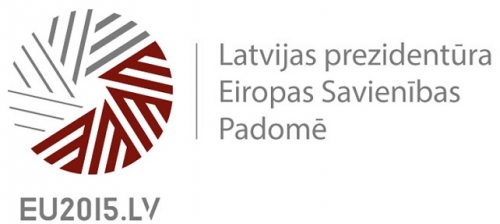
In the nearest decade, one in ten European wild bee species or 9% of wild bee species face extinction, while 5% of species can become extinct in the nearest future. Such conclusions were drawn from the International Union for Conservation of Nature wild bee research published in March 2015.
The report, co-funded by the European Commission, provides for the first time information on all 1965 wild bee species in Europe, including their status, distribution, population trends and threats. At the same time, it stresses the need for further research to guide effective conservation action and reverse their decline. It has to be noted that more than half of all bee species are classified as "Data Deficient", thus making it impossible to fully assess the situation.
European Commissioner for Environment, Maritime Affairs and Fisheries Karmenu Vella acknowledges that our quality of life and our future depends on the many services that nature provides for free. Pollination is one of these services, so it is very worrying to learn that some of our top pollinators are at risk. If we don’t act, we could pay a very heavy price indeed, the Commissioner emphasizes.
According to the report, bees provide crop pollination worth €153 billion globally and €22 billion in Europe every year. Bees pollinate crops accounting for 35% of global agricultural production volumes; about 84% of crops grown for human consumption in Europe require insect pollination. Unfortunately, bee populations decline and become extinct due to intensive agriculture practices, for example, increase of arable land areas and use of agricultural chemicals. Climate change too increases extinction risk for many species of bees, and particularly bumblebees.
European Union has set an ambitious goal in its Biodiversity Strategy - to halt the loss of biodiversity and degradation of ecosystems in EU by 2020. The wild bee research data will be used in the Biodiversity Strategy which is currently being reviewed, thus helping achieve EU biodiversity goals.
Read the International Union for Conservation of Nature wild bee research here:
http://ec.europa.eu/environment/nature/conservation/species/redlist/downloads/European_bees.pdf
Information prepared within the project "Non-governmental sector participation in the international conference" EU Biodiversity strategy implementation "" financed by Latvian national budget-funded program "Support for public participation in the Latvian Presidency of the Council of the European Union implementation" and administered by the Society Integration Foundation.

